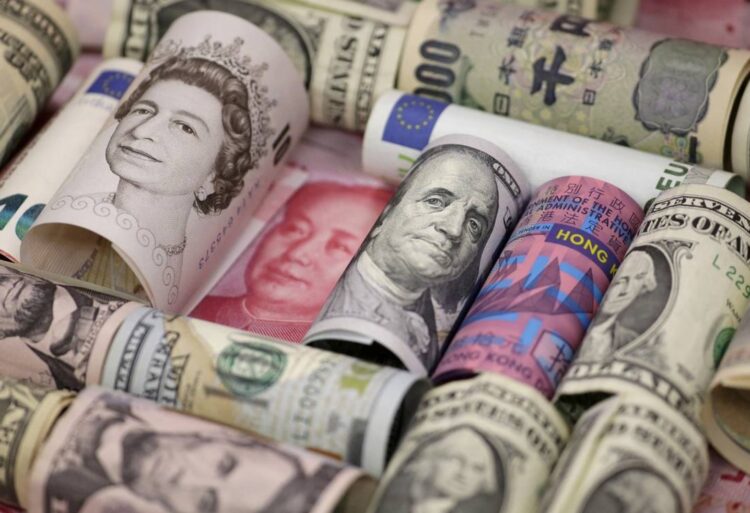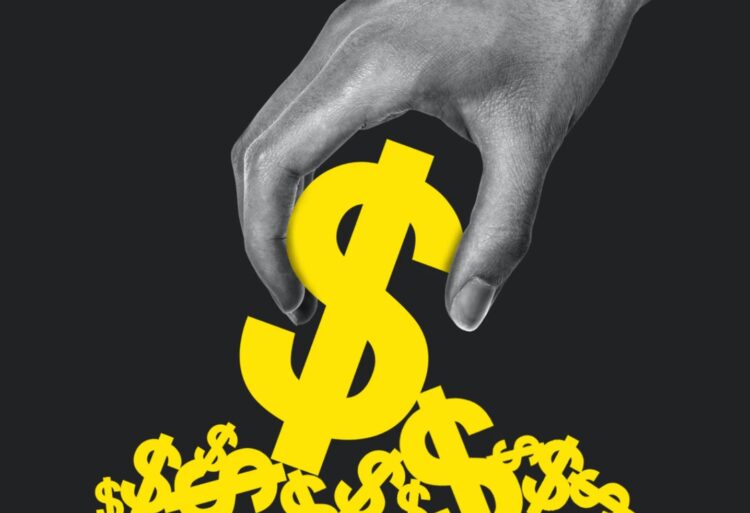Despite many experts and financial institutions consistently advising against keeping debt in foreign currencies, many individuals worldwide choose to take themselves on this risky, and murky financial adventure. However, although unnecessarily risky at first sight, borrowing loans in foreign currencies might actually work for some – but the amount of energy, time, and resources that will have to go into it still makes it a questionable financial decision. In this article, we will explore how the foreign currency debt works, what are the risks associated with it, and how one can attempt to reduce them.
How Does The Foreign Currency Debt Work?
In theory, foreign currency loan is easy – you take it out in a foreign currency and pay it back in the same currency that your original debt was in. However, in practice, it is way more complicated. What you might be faced with is a bank that will operate your loan, will first obtain it in the foreign currency of your choice ( and the one that is available for the loan), then convert it into your domestic currency and give it out to you. You will then repay your foreign currency debt in your domestic currency which will have to be the total sum in the foreign currency that you originally took out, plus the interest rate. The main attraction of keeping debt in foreign currencies is the hopes for the low-interest rates that vary between different currencies, and, in theory, might make your loan cheaper than the one in your domestic currency. However, that’s merely a theory, and more often than not, the reality is drastically different.

Main Risks Of Keeping Your Debt In Foreign Currency
So what would be the main risks of taking out a loan in foreign currency? Well, there are plentiful. To begin with, the foreign exchange rate is constantly fluctuating, which could mean two things for you – either a reduced or an increased debt and consequently, low or high interest. Let’s put it this way: imagine that you took out a loan in a foreign currency, GBP, for example, and, all of a sudden, your domestic currency, say a euro, strengthened against it. Should such a miraculous and happy turn of events occur, you are the lucky borrower, whose debt will be reduced significantly. On the other hand, a less rosy scenario would have your euros weaken against the GBP, and now, not only have your debt increased rapidly, and the interest rate advantage has vanished into the horizon. Now, if that representation of the high risks associated with debt kept in foreign currencies has not discouraged you, and you are still eager to spend your time anxiously checking out the exchange rates at the Bank of England here, we have prepared some tips to help you navigate through loans in foreign currencies.

Some Tips To Reduce The Risks
Before deciding to take out a loan in a foreign currency, one should remember that it is almost impossible to make your loan less costly and more profitable, not only because the fees and extra charges associated with it are quite high, but also because the loan itself will be subjected to the regulations that derive from the interest rate. The bank that will be providing you with the loan will determine the interest rate based on the key rate of the Central Bank of the country issuing foreign currency, combined with a variety of macroeconomic factors, and the bank’s own risks of issuing such loans. If you are an average consumer with no extensive background in currency exchange rates, it is almost impossible for you to profit from foreign currency exchange rate speculations.
Nevertheless, if you are a hundred percent determined that you can pull off keeping your debt in foreign currency, there are some tips that you can use to more or less secure yourself.
First and foremost, do your research. Before taking out a loan in a foreign currency you will have to dedicate a good amount of time researching how strong the currency options available to you are against your domestic currency, how well did they perform recently, and what is the common pattern in their performance. We really wish that we could recommend a certain tool that will help you analyze the aforementioned issues and make accurate predictions, but unfortunately, to this day, there are none. Foreign currency exchange rates are subjected to a variety of factors and developments around the world, and just like it is impossible to predict what will happen in the world tomorrow – it is equally impossible to predict their behavior.
Secondly, you can hire a specialist to manage your loan, and yes, those people do really exist. A good manager will move your loan to the currency weaker than the base one, and thus, significantly reduce the debt. On top of that, if the manager is truly successful, they will also look for currencies with lower interest rates and allow you to make further savings. Bright and promising as it seems, even if you hire the best manager, you should be prepared for your debt to increase, even if the increase will be relatively small. Unfortunately, as previously mentioned, such as the unpredictable nature of the foreign exchange rates, where the accurate prognosis is often unavailable even to the most profound experts of the field.

Finally, in order to protect yourself against the exchange rate fluctuations, you can resort to the various payment services that allow you to fix both the payment date and the exchange rate at which you will be repaying your debt. Unfortunately, yet again, such a method might have a 50/50 rate of success, as the exchange rate can both become lower or higher than the rate that you fixed with your payment provider. Furthermore, such providers often charge an additional fee, which, in the long run, makes your debt even more costly then it already is.
All things considered, it is safe to say that it is preferable not to get yourself involved with the debt in foreign currency, so much so, that even the governments in some countries have been imposing additional regulations to make it less accessible and less attractive to the general public. However, should you choose to proceed with the loan in foreign currency, make sure to do your research well, and minimize your risks where possible.












